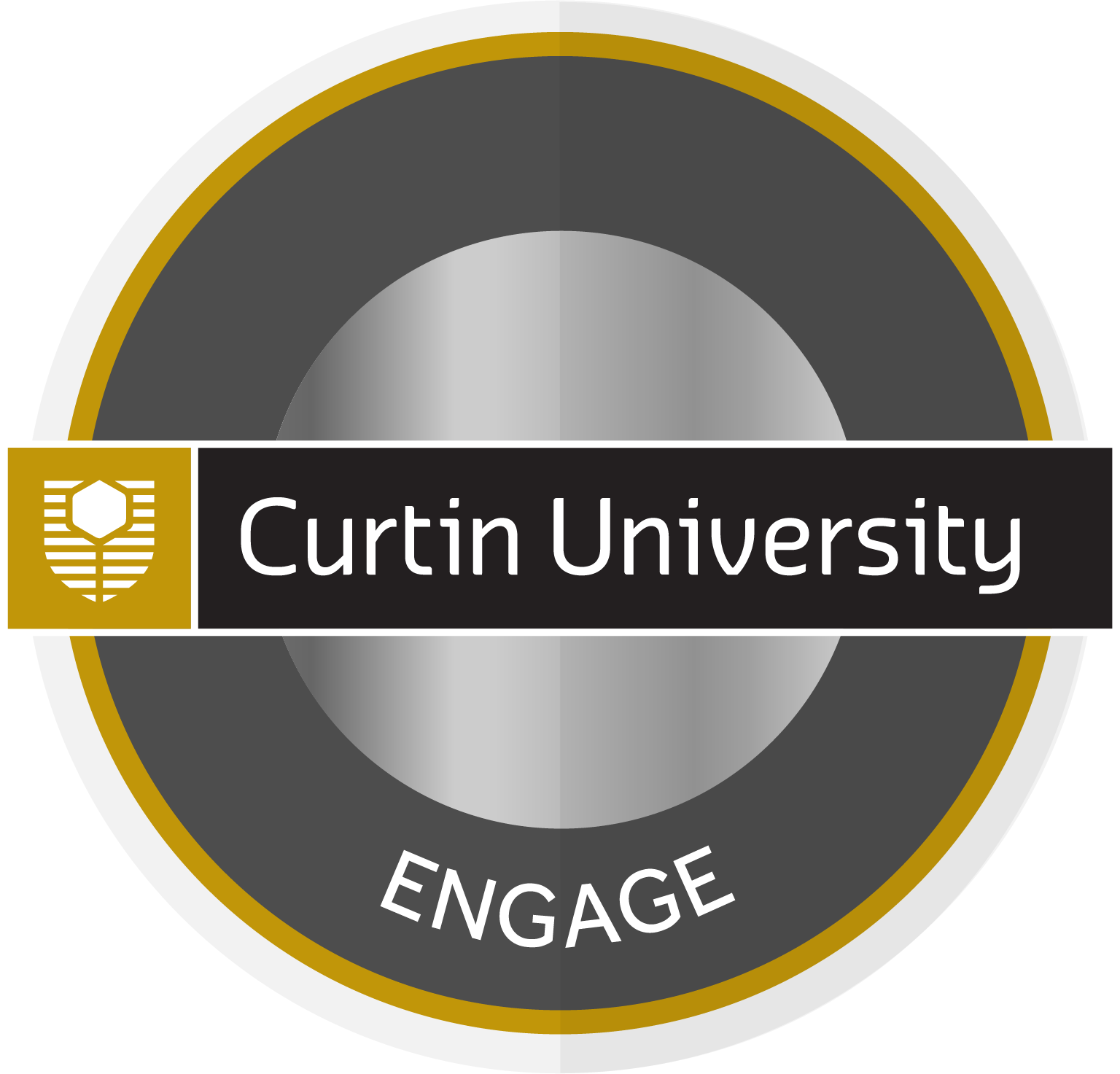Full course description
Create more effective student equity programs through continuous quality improvement.
In this stream, designed for equity professionals, you’ll learn how to gather and use data to drive improvement, helping to create more effective equity programs.
Understanding the process of Continuous Quality Improvement (CQI), or ‘monitoring’, will help you to identify what’s working and what isn’t in your student equity programs so you can make meaningful, lasting changes.
This stream will suit equity professionals working in Australian universities.
This stream comprises 4 modules (modules 7-10 of the ACSES Evaluation Learning Program).
Module 7: Introduction to Continuous Quality Improvement
Overview
This module explains what Continuous Quality Improvement (CQI) is and how it helps evaluate student equity programs. Emphasising how CQI focuses on three key questions:
- How much did we do?
- How well did we do it?
- What outcomes did we achieve?
The module explains why and how to use CQI, what it involves (planning, data collection, tracking, and reporting), and how sharing CQI results can further strengthen student equity programs and practice.
Learning Outcomes
At the completion of this module Learners will:
- Understand what is meant by Continuous Quality Improvement (CQI) in the context of student equity evaluation.
- Understand when (for what activities/programs) and why CQI should be used in student equity evaluation.
Module 8: CQI Output & Outcome Indicators
Overview
This module considers how to choose meaningful and appropriate indicators to track the outputs (or progress) and impact/outcome of student equity programs. It helps you fill out a CQI planning template, drawing on the program logic models considered in earlier streams.
The module will guide the learner to choose the most appropriate information to access or collect in their programs for the purpose of CQI, by considering important questions like:
- What data do we already have?
- How can we measure how much we did?
- How could we measure how well we did it?
- How would we know if/when our outcomes were achieved?
Learning Outcomes
At the completion of this module Learners will:
- Be able to identify meaningful output and outcome indicators and applicable data sources for student equity activities and programs.
- Be able to apply institutional Program Logic Models to complete the CQI Planning template.
Module 9: CQI Data Collection
Overview
This module covers a range of common data collection methods that can be used in student equity programs. It explores how to select a suitable method to gather meaningful data that will be useful to to assess program success. The module introduces learners to various useful datasets applicable to student equity evaluation, including Quality Indicators for Learning and Teaching (QILT) data, and considers in broad terms how equity practitioners can access and utilise this data to support CQI.
Learning Outcomes
At the completion of this module Learners will:
- Understand the difference between qualitative and quantitative data collection methods.
- Understand some common student equity evaluation data collection methods and when to use these.
- Understand which data should be collected for all student equity evaluations, and potential strategies to collect this information.
- Understand the ethical considerations for data collection.
Module 10: Applying and Sharing CQI Insights
Overview
This module emphasises the importance of sharing CQI findings internally and externally to inform wider student equity program design and planning, referred to as the planning feedback loop. It discusses how practitioners can embed the planning and review cycle into student equity program operation, to support enhanced institutional program design and student outcomes, and support sector-wide improvements.
This module again highlights the value in sharing CQI insights and learning from work conducted at other institutions. To support this, it introduces a range of avenues or channels through which to share experiences and/or learn from other CQI activity, such as conference participation, ACSES resources, practitioner networks and Communities of Practice.
Learning Outcomes
At the completion of this module Learners will:
- Understand the value in sharing CQI insights, and what information to include, to support wider learning and application beyond individual programs internally and across the sector.
- Understand how to apply learnings from CQI evaluations in program planning and design.
- Know where to access insights from other CQI evaluations and/or share their own CQI insights, including through practitioner networks, resource hubs and communities of practice.
Once you successfully completed this stream, you'll earn a digital badge that is instantly shareable to your social networks (including LinkedIn) which showcases your new skills and knowledge mastery.

This digital badge provides foundation knowledge in a discipline and doesn't require previous knowledge.
The Australian Centre for Student Equity and Success (ACSES) is an evidence-based research and public policy centre funded by the Australian Government Department of Education and based at Curtin University.
ACSES is committed to providing the higher education sector with tangible proof of what works to improve the quality and impact of student equity practices in higher education.
For more information, visit acses.edu.au.
For more information on this stream, or any other questions about the Program, email us at acses@curtin.edu.au
*Curtin may cancel or reschedule a course, stream or program at any time and for any reason as it sees fit. The Start Date and the other details of this credential are provided as a general guide only and may change from time to time.
#This stream involves 100 minutes of online resources, readings, activities and assessments. However to complete the stream, you may need to commit further time.
^Learning is done completely online.
§Price subject to change. Please check price at time of purchase.







